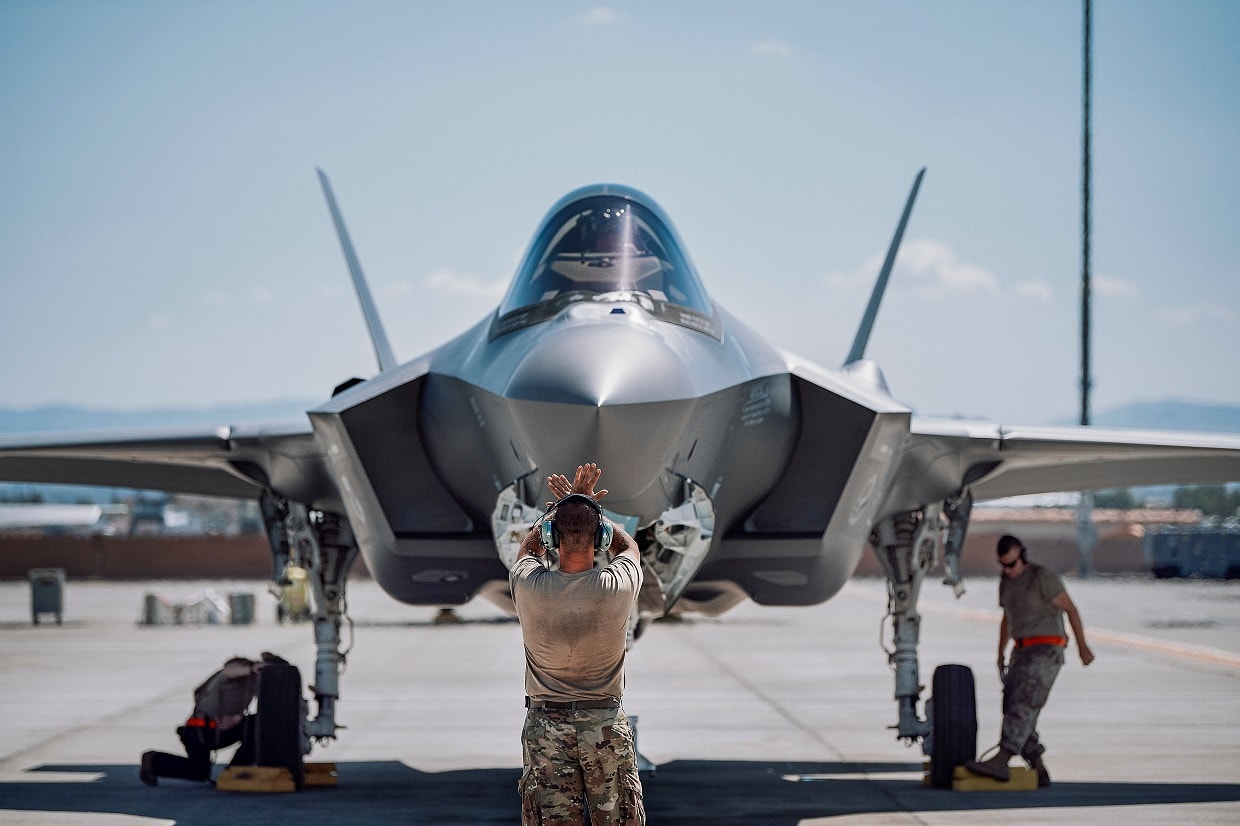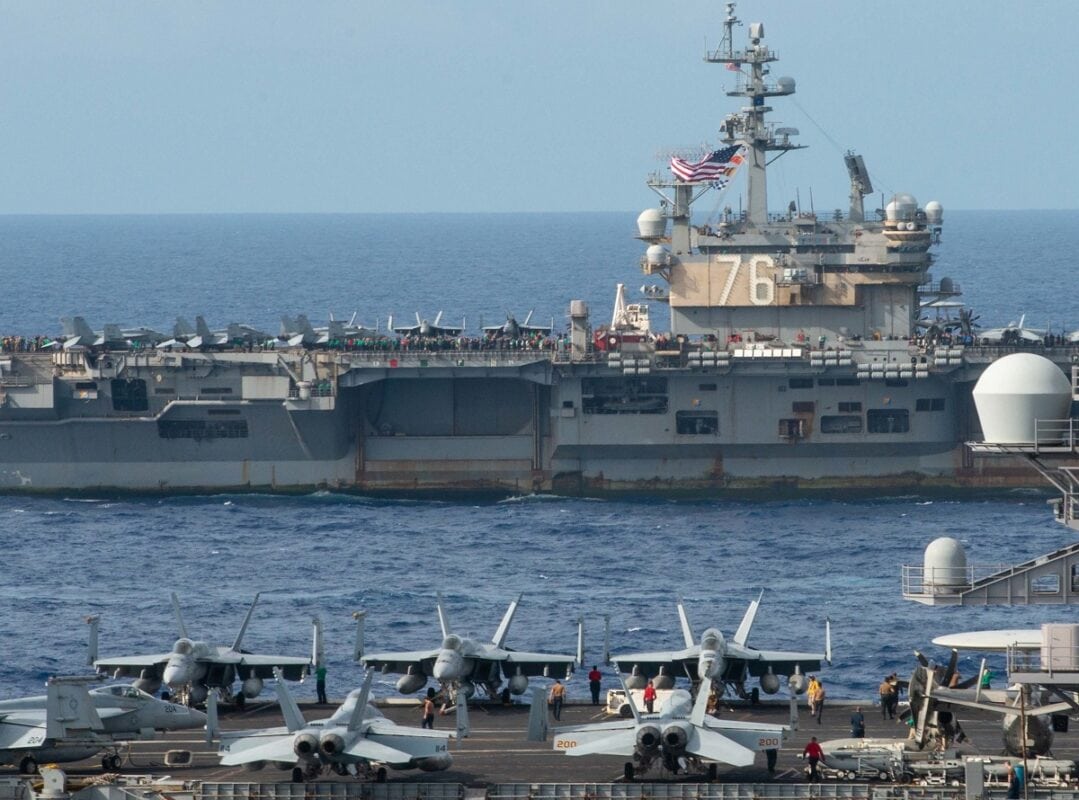Mark Harrison

Last Sunday, the head of the Chinese Communist Party, Xi Jinping, addressed the party’s 20th national congress in Beijing. In dense jargon, Xi spoke for two hours on the party’s achievements and its challenges in building the ‘new China’. He said, ‘We have fully and faithfully applied the new development philosophy on all fronts, focused on promoting high-quality development, and worked to create a new pattern of development.’
He described a China in crisis at the start of his term as chairman in 2012, with ‘misguided patterns of thinking such as money worship, hedonism, egocentricity and historical nihilism’ and in which ‘systems for safeguarding national security were inadequate’. And he talked about how the party has addressed these issues: ‘We have adopted the Five-Sphere Integrated Plan and the Four-Pronged Comprehensive Strategy as well as the general principle of pursuing progress while ensuring stability, and we have worked to both pursue development and safeguard security.’
Xi’s speech at the congress functioned as the most fundamental assertion of power in China’s party-state system. Its stupefying and arcane phraseology, or tifa (提法), all referencing earlier phraseology going back through the history of the party, constructs a closed, deterministic cosmology, informed by a version of Marxist theory, in which history moves ineluctably forward through the resolution of contradictions guided in theory and in practice by the party. Xi’s speech was a representation of the party-state’s system for the realisation of socialism and China’s ‘great rejuvenation’, and, in the party’s terms, advancing human civilisation to eclipse the liberal capitalist democratic world era represented by the United States.
On Taiwan, Xi accordingly built on established formulations that appeared in his 2019 speech, in the new Taiwan white paper, and earlier. He said, ‘Resolving the Taiwan question and realising China’s complete reunification is, for the party, a historic mission and an unshakable commitment.’ He said unification is a historical inevitability: ‘The wheels of history are rolling on toward China’s reunification and the rejuvenation of the Chinese nation.’ He claimed the party is committed to peaceful unification under the ‘one country, two systems’ model, which provides an intermediate stage before Taiwan is fully absorbed into the party’s vision of China, but the party needs to struggle, potentially with military force, against the separatists and foreign forces that hold back those wheels of history.

PHILIPPINE SEA (Oct. 3, 2021) The U.S. Navy Nimitz-class aircraft carriers USS Carl Vinson (CVN 70) and USS Ronald Reagan (CVN 76) transit the Philippine Sea during a photo exercise with multiple carrier strike groups, Oct. 3, 2021. The integrated at-sea operations brought together more than 15,000 Sailors across six nations, and demonstrates the U.S. Navy’s ability to work closely with its unmatched network of alliances and partnerships in support of a free and open Indo-Pacific. (U.S. Navy photo by Mass Communication Specialist 2nd Class Michael B. Jarmiolowski) 211003-N-LI114-1208.
The ideological construction of Taiwan by the party justifies and requires escalating threats against Taiwan, but for a military invasion and occupation the party will need to claim that Taiwan’s de facto sovereignty is an existential threat to its revolutionary project. This is flagged by Xi’s use of the phrase ‘all necessary measures’ to achieve unification.
The truth is that Taiwan really is an existential threat to the party’s project. Taiwan has been on its own path of post-imperial development for more than a century, since the end of the Qing dynasty, through Japanese colonial rule, authoritarianism and to democracy. Taiwan’s sovereignty and modernisation have come to represent the party’s failure, both in theory and in practice. Taiwan has been very successful, too—this year its per capita GDP passed Japan’s for the first time and is far higher than that of any province in China.
No comments:
Post a Comment